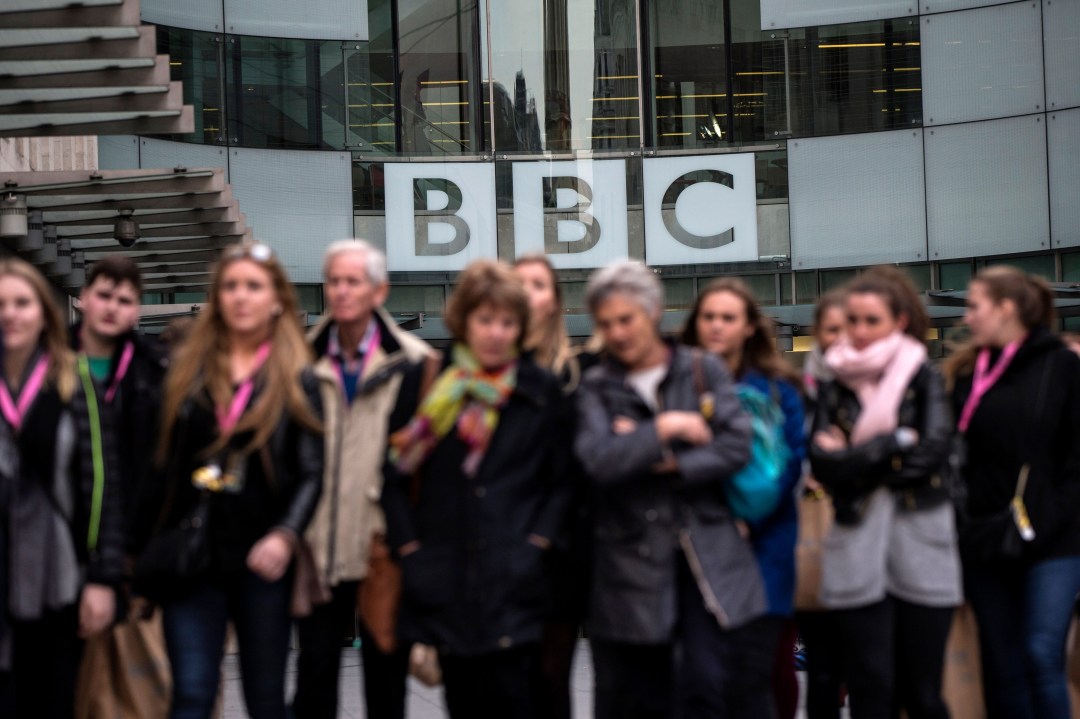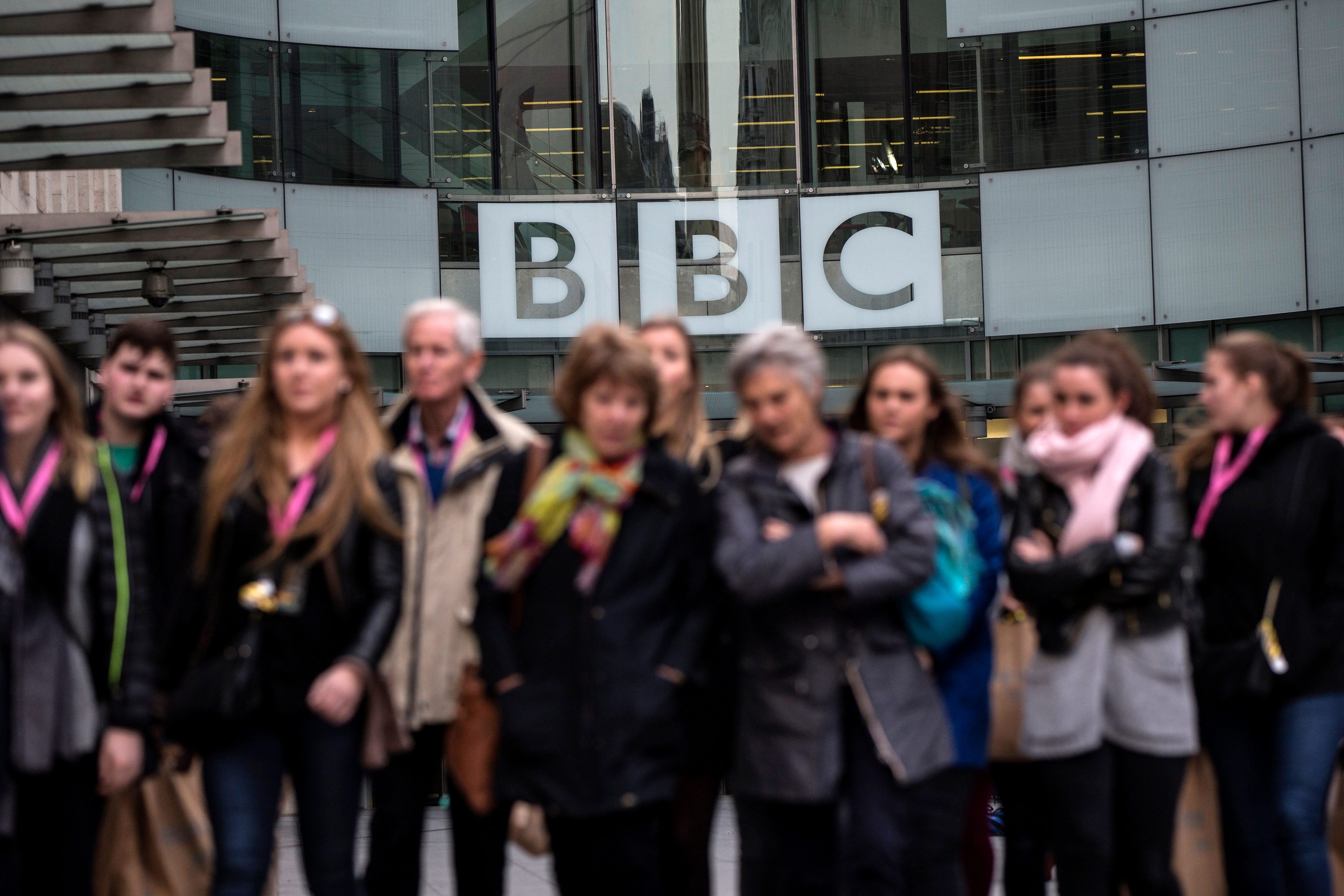The BBC has had its fair share of reporting controversies in recent years. But transgender issues have been a particularly difficult issue for the Corporation, with one video being lampooned (and then quickly retired) in January for telling children there are ‘over 100 genders.’
One article that caused particularly controversy appeared on the Beeb’s online website back in December 2020. It concerned a ruling by senior judges against children being given access to drugs that would allow them to transition genders.
The lengthy piece, written by the then LGBT correspondent Ben Hunte, claimed that the High Court verdict on puberty-blocking drugs could cause young people considering transition to take their own lives.
It included multiple sources saying that puberty blockers had saved their lives or their children’s lives, and that, by implication, stopping access would cause children to commit suicide. There was no counter view. It also risked falling foul of accuracy grounds when it said ‘Accessing puberty blockers is currently one of the first steps in treatment for young people wishing to transition.’
Seven months on, the BBC have now admitted that this piece was one-sided and risked endangering vulnerable people. In a letter seen by Steerpike, the head of the BBC’s Executive Complaints Unit (ECU) Fraser Steel admits to one complainant: ‘I think the repeated references to suicide went beyond what was editorially justified in the context.’
He agrees that ‘the article did not meet the BBC’s standards for due impartiality or the requirements of the BBC’s guidelines on reporting suicide or attempted suicide’ and the problematic way in which case studies were framed in the piece, noting expert concerns that ‘when suicide is presented as a reasonable reaction to a situation, people in a similar situation may identify with the individual concerned and consider taking the same action.’
After six months and three stages of the complaints process, having twice denied the complaint, the BBC admitted the problem and excised huge chunks of the online article, though perhaps too late for anyone to see it. Given the prominence and attention afforded to the original piece, Steerpike wonders if the correction will get the same traction.
Dr Nicola Williams, the director of campaign group Fair Play for Women, told Mr S: ‘Misrepresenting a legal ruling intended to keep children safe as one that will lead to their suicide is biased and dangerous. The fact it took over six months and repeated complaints before senior BBC staff took action is unforgivable.’
A BBC News spokesperson said: ‘We have been completely transparent about this ECU ruling. The online piece includes a clear correction, linking to the full finding. And it is available prominently via the ECU’s findings page.’
Steerpike will leave his readers to be the judge of that.








Comments